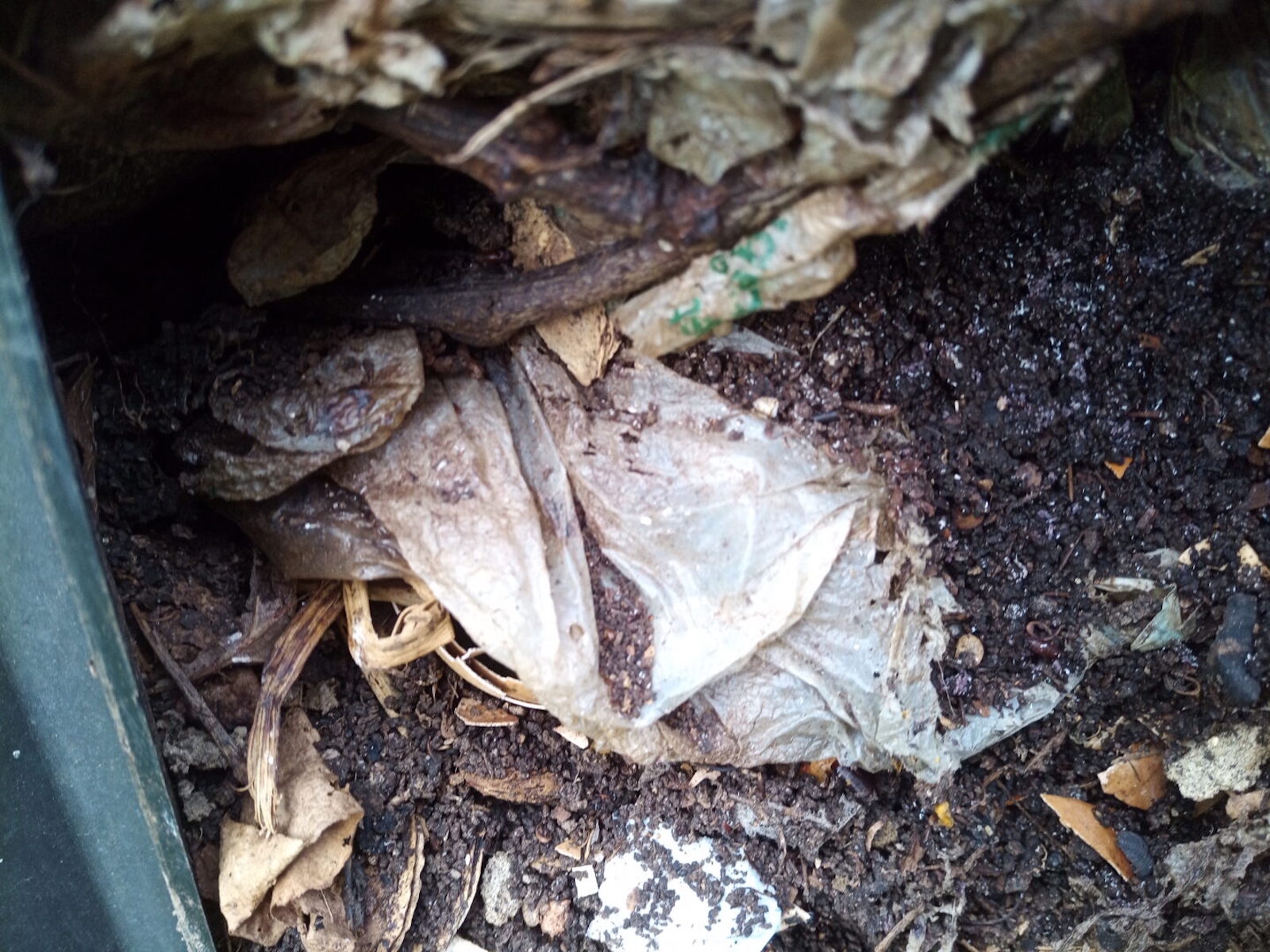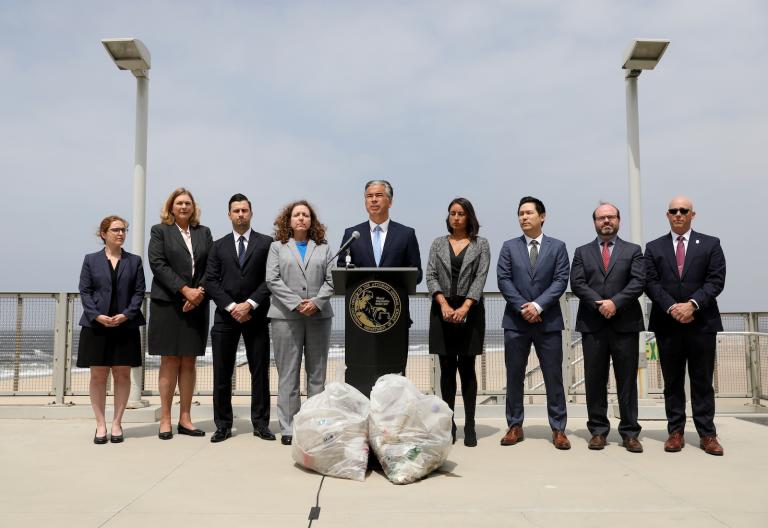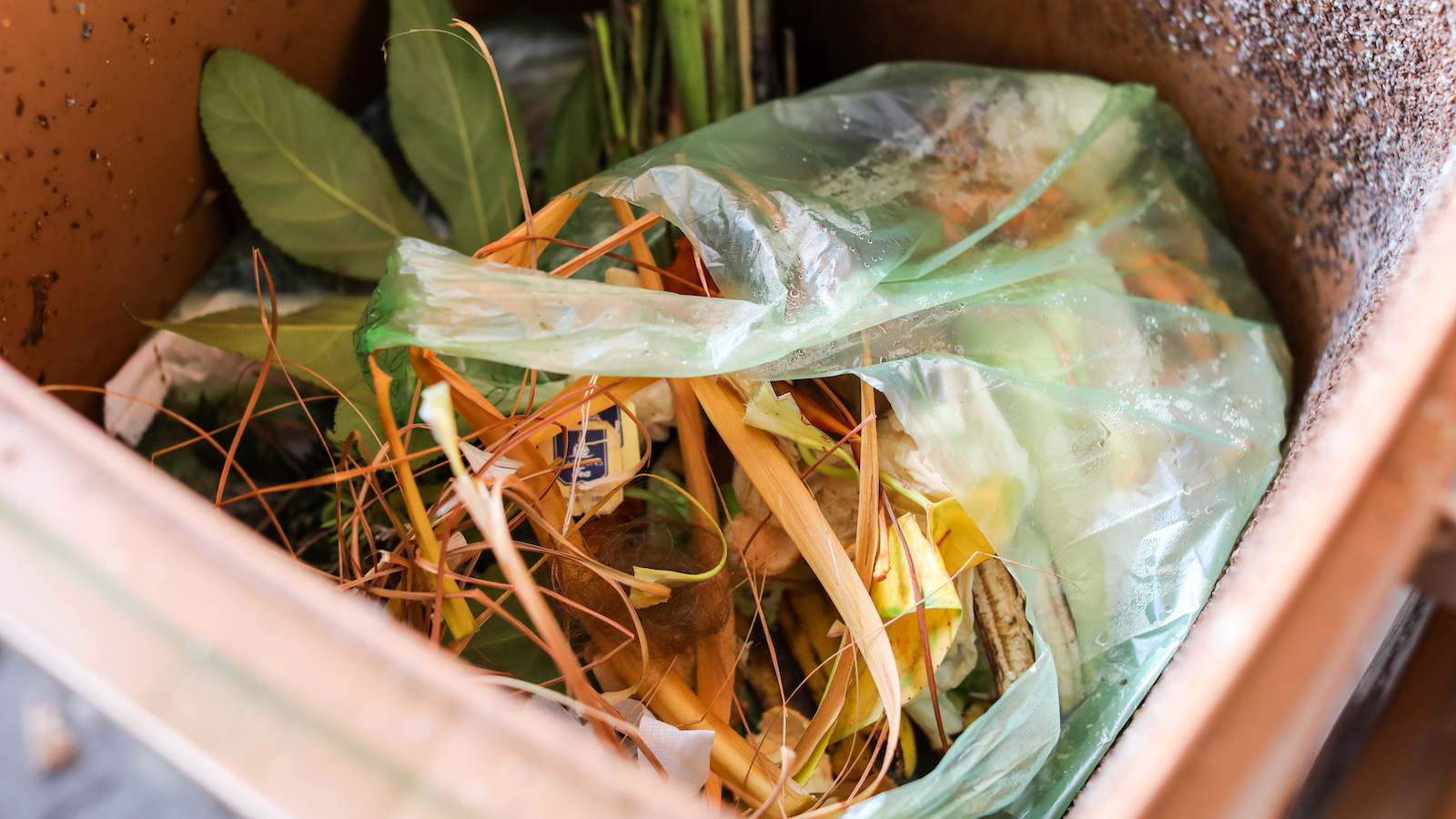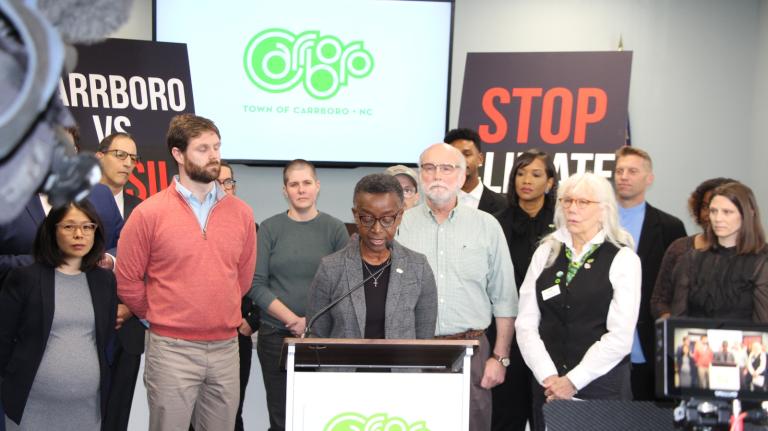As single-use plastics fall further out of favor among environmentally-conscious consumers and governments, many companies are turning to newer materials that they say will break down in people’s backyard composting bins. But new research reveals that most of these so-called “home-compostable” plastics don’t live up to their labels.
Sixty percent of plastics that are certified for home composting don’t fully disintegrate, according to a study published last week in the journal Frontiers in Sustainability. The research urged consumers to exercise caution when evaluating companies’ claims, suggesting they would be better off sending items to an industrial processing facility.
“[H]ome composting is not at present a viable, effective, or environmentally beneficial waste processing method for compostable or biodegradable plastics in the U.K.,” the authors wrote.
The research paper was the result of a citizen science project called “The Big Compost Experiment,” which — in addition to evaluating the effectiveness of home composting plastics — asked nearly 10,000 people from across the United Kingdom about their knowledge of and willingness to try the practice. Some 900 of these participants went on to complete a home composting experiment, reporting back to the study authors at University College London over a two-year period.
People are largely enthusiastic about buying compostable and biodegradable plastics, the study found, although there is much confusion over these products’ labeling. Out of a random sample of 50 items that participants put in their composting bins, nearly half showed no identifiable composting label and another 14 percent said they were only compostable in a specialized industrial facility.
The rest of the items that were labeled as home-compostable — the bags, cutlery, food packaging, and other products branded by certification bodies like TUV Austria and European Bioplastics — did not break down fully. Out of a sample containing more than 1,300 pieces of plastic, about 60 percent featuring these certifications didn’t disintegrate at all, remained “largely intact,” or simply broke into easily visible pieces.

”We have photos that people have submitted after 12 months where you can still read the home compost certification label on it, which is ironic,” Danielle Purkiss, a research manager at University College London and a coauthor of the study, told ABC News.
Why this failure to break down? Although the authors acknowledged a wide range of conditions that can affect composting — from different temperatures and pH levels to micro bacterial diversity — they said the main problem was with the plastics themselves.
“It pains me to say this because I want non-plastic alternatives to work,” Judith Enck, a former regional administrator for the U.S. Environmental Protection Agency and founder of the advocacy group Beyond Plastics, told CNN. “But there really is no such thing as biodegradable plastics, and compostable packaging really only gets composted at high-temperature composting facilities.”
It’s not the first time compostability claims have come into question. In 2019, other researchers at the University of Plymouth in the U.K. found that a number of ostensibly compostable and biodegradable shopping bags failed to break down fully after three years in the natural environment. In the absence of collection systems to bring compost-friendly materials to a high-temperature industrial facility, these products have been found to more likely be landfilled or incinerated alongside conventional plastics. This creates more pollution and greenhouse gas emissions.
With these concerns in mind, Mark Miodownik, a professor of materials and society at University College London and an author of the study, said there’s a simpler, easier alternative to compostable plastics: Buy less plastic and ditch single-use materials altogether — whether home-compostable or not. “Reduce and reuse are often big money savers for everyone, and yet it seems the strategy that is least intuitive to people,” he told the Guardian.



